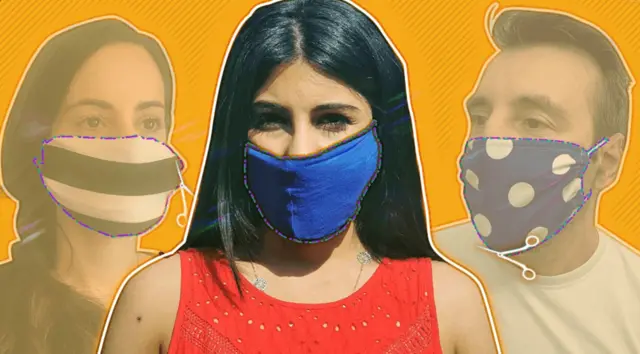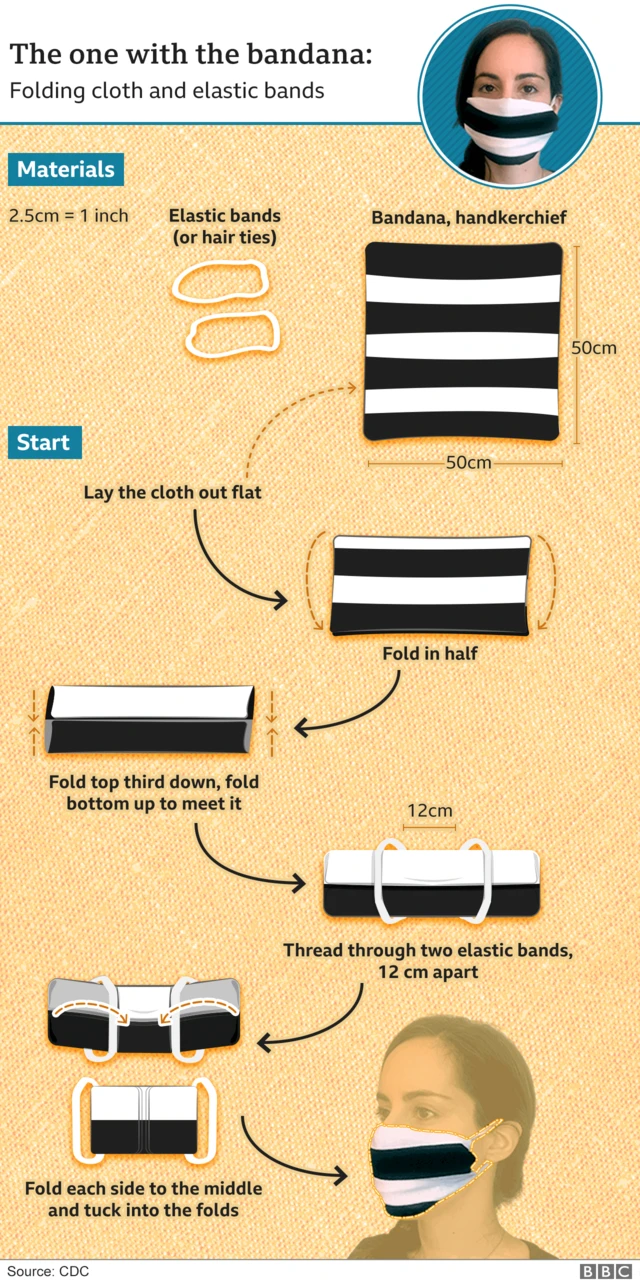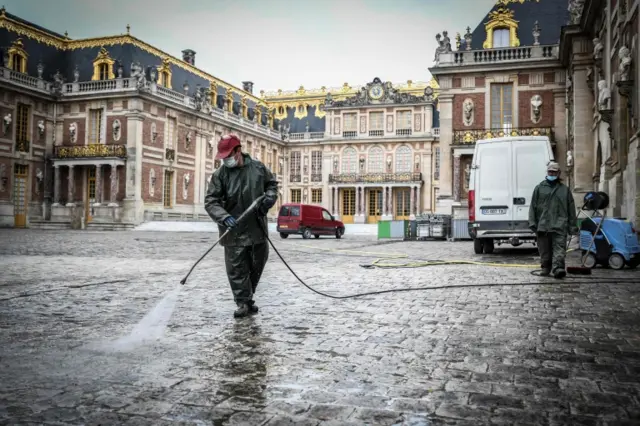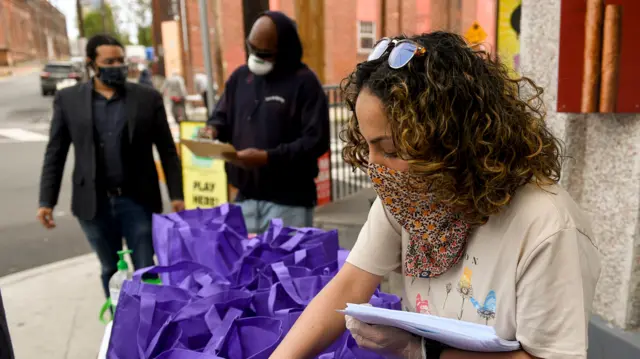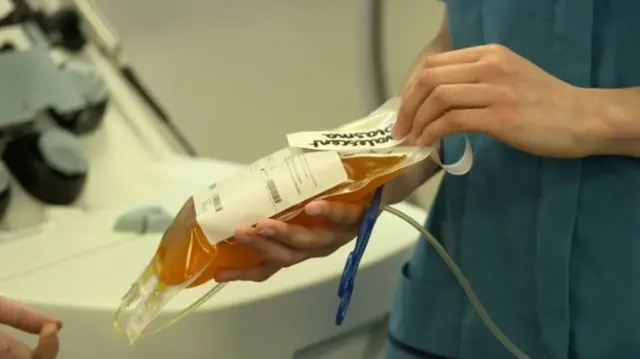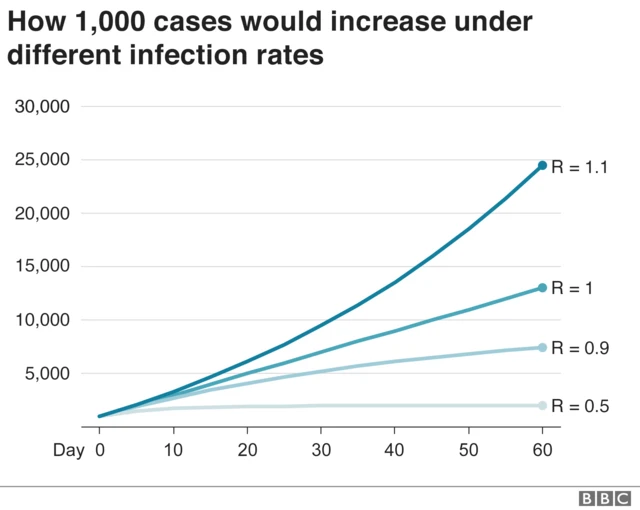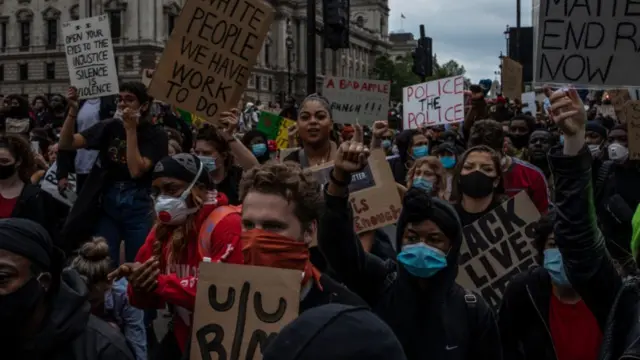Uncertain times as Brazil climbs towards peakpublished at 19:40 BST 5 June 2020
Katy Watson
BBC South America correspondent
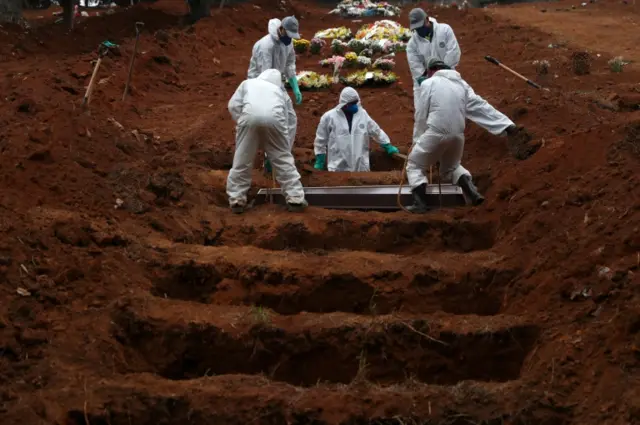 Image source, Reuters
Image source, ReutersBrazil now has the world's third-highest number of Covid-19 deaths
On the front page of one of Brazil’s biggest papers, Folha de Sao Paulo, there is a piece of text in large font, taking up much of the page. It describes the trajectory of Covid-19 in the country and along the side of the text is a clock symbol, indicating that it will take 60 seconds to read it.
At the end, in red, the text states that "in the time it’s taken you to read this, another Brazilian has died from coronavirus".
Not only has Brazil surpassed Italy in terms of the death toll, but it’s now second only to the US for the number of infections, with more than 600,000 cases so far.
Janitor Orlando Monteiro, 61, is one of the names behind the statistics. He’s recovering from Covid-19 with the help of physiotherapy after being intubated. He lives in Santos, an area of Sao Paulo state that has seen cases soar in recent weeks.
“It’s not just a little flu,” he says, referring to comments made by President Jair Bolsonaro, who has tried to brush off the severity of the virus. “I was in intensive care for 14 days. People really need to look after themselves.”
It comes at a time when major cities including Rio de Janeiro and Sao Paulo are gradually trying to reopen. Orlando has mixed feelings about it.
“There needs to be a happy medium,” he says – between state governors imposing tough quarantine measures and a return to normality, advocated by President Bolsonaro.But these are uncertain times in Brazil, with experts saying the country is still a way from the peak.
